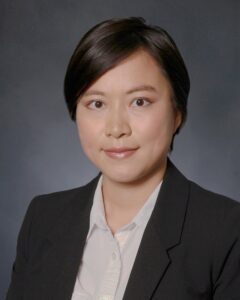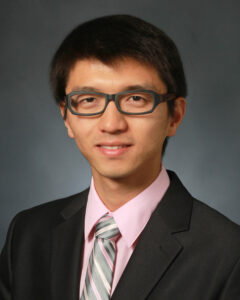
http://s.uconn.edu/meseminar1/28/22
Abstract: Bone is strong, tough yet lightweight, which can be attributed to its complex hierarchical structures across multiple length scales. The factors contributing to these superior properties are still not completely understood, especially its structure at the sub-micron- and nano-scales. The morphology and mechanical properties of bone are also affected by diseases and treatment. This study presents the results of combined experimental and computational studies of the mechanical behaviors and structures of bone across multiple length scales. Mechanical testing coupled with micro X-ray computed tomography (micro-CT) enabled concurrent non-invasive characterization of 3D full-field bone microstructures and bone mechanical properties. Atomic force microscopy (AFM) was used to map the surface morphology and elastic properties of microscale structures (cement line and sub-lamellae) and nanoscale ultrastructure (mineralized collagen fibril (MCF) and extrafibrillar matrix (EFM)) in bone. The experimental results are integrated with computational models. The results provided a better understanding of the structure and the mechanical behaviors of bone across multiple length scales, laid the foundation for the bio-inspired design of new materials, and shed light on the improvement of implant treatment.
Biographical Sketch: Dr. Jing Du is an Assistant Professor of Mechanical Engineering at Penn State University. She received her B.S. and M.S. degrees in Mechanical Engineering and Materials Science and Engineering, respectively, from Tsinghua University and a Ph.D. degree in Mechanical and Aerospace Engineering from Princeton University. Before joining Penn State, she was a postdoctoral scholar in the School of Dentistry at the University of California, San Francisco (UCSF). Her current areas of research interests include mechanical behaviors of biological tissues and biomaterials, biomedical devices, and bio-inspired design.
